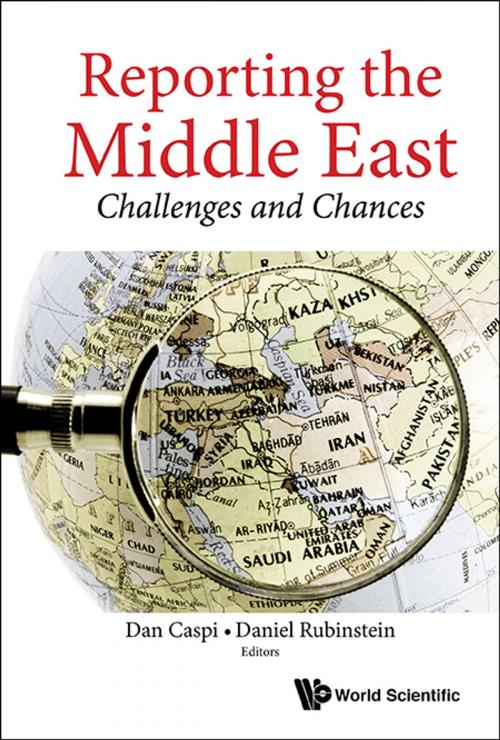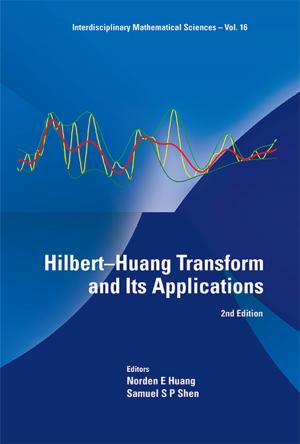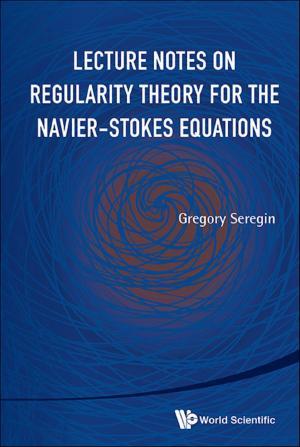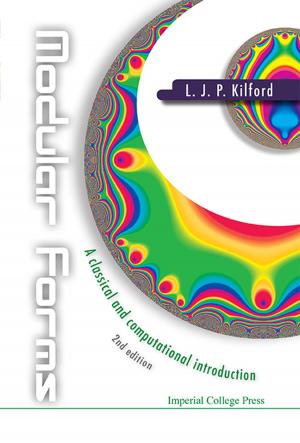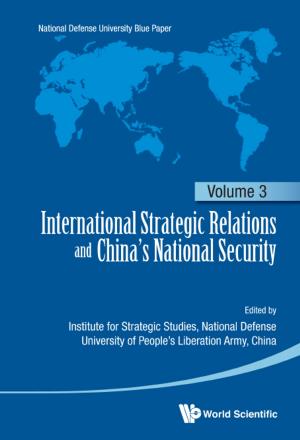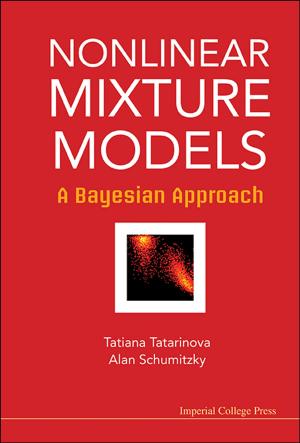Reporting the Middle East
Challenges and Chances
Nonfiction, Social & Cultural Studies, Political Science, International, Social Science| Author: | Dan Caspi, Daniel Rubinstein | ISBN: | 9789813225381 |
| Publisher: | World Scientific Publishing Company | Publication: | August 16, 2017 |
| Imprint: | WSPC | Language: | English |
| Author: | Dan Caspi, Daniel Rubinstein |
| ISBN: | 9789813225381 |
| Publisher: | World Scientific Publishing Company |
| Publication: | August 16, 2017 |
| Imprint: | WSPC |
| Language: | English |
Numerous studies address the flow of information between nations and states — especially in the era of globalization — and its contribution to the development of relations across physical borders. By contrast, little attention has been paid to the circumstances under which parties in conflict initiate and build barriers to free flow of information. The conflict in the Middle East may serve as a test bed of controlled disruption of information flow, as covered in Reporting the Middle East: Challenges and Chances. Two parallel types of confrontations appear to take place in the Middle East: the actual physical conflict, and the "war of words," conducted via the media, with each side firing its own verbal missiles. Reporting the Middle East: Challenges and Chances aims to show that the media arena is a key element in understanding the Middle East conflict. Media coverage of Middle Eastern affairs remains critical, if only because of its power in determining sources of information, setting decision makers' agendas, and influencing management of the physical confrontation.
Contents:
- Dedication
- List of Contributors
- Introduction — Conflict Mediatization in the Middle East (Dan Caspi and Daniel Rubinstein)
- Another View of the Information Wall in the Israeli-Arab Conflict (Dan Caspi and Daniel Rubinstein)
- A Comparative Study of the Syrian Crisis Coverage in Greek and Spanish Traditional and New Media (Pablo Sapag Muñoz de la Peña and Nikos Panagiotou)
- New Content, New Challenges: UGC Use and Challenges Faced by BBC News Journalists Covering Events in Syria (Lisette Johnston)
- Wartime Changes in News Consumption Patterns among Israeli WhatsApp Users: Operation Protective Edge as a Case Study (Ruth Avidar, Yaron Ariel and Vered Elishar-Malka)
- Operation Cast Lead Viewed through Blogs and the Print Press by the Arab Society in Israel (Hama Abu-Kishk)
- "It's Their Fault There's No Chance of Peace": Key Trends in Israeli Coverage of the Israeli-Palestinian Conflict (Hagar Lahav)
- Competing Trends in the Arab Press in Israel: From Print to the Internet (Mustafa Kabha and Dan Caspi)
- Making an Icon: The Al-Dura Conspiracy (Charles Enderlin)
Readership: Students and academics studying political communications, media and communications; students and academics specialising in Middle Eastern politics.
Key Features:
- This book offers a close analysis of the circumstances in which barriers to free flow of information is initiated and built in the context of media coverage in the Middle East, something that is missing from the numerous similar studies
- A large area of focus is also on news coverage through developments in the use of new media and social media such as WhatsApp and blogs
- Considering the increasing use of "alternative facts" and "fake news", this book can shed some light on how the media arena is a key player in controlling today's information flow
Numerous studies address the flow of information between nations and states — especially in the era of globalization — and its contribution to the development of relations across physical borders. By contrast, little attention has been paid to the circumstances under which parties in conflict initiate and build barriers to free flow of information. The conflict in the Middle East may serve as a test bed of controlled disruption of information flow, as covered in Reporting the Middle East: Challenges and Chances. Two parallel types of confrontations appear to take place in the Middle East: the actual physical conflict, and the "war of words," conducted via the media, with each side firing its own verbal missiles. Reporting the Middle East: Challenges and Chances aims to show that the media arena is a key element in understanding the Middle East conflict. Media coverage of Middle Eastern affairs remains critical, if only because of its power in determining sources of information, setting decision makers' agendas, and influencing management of the physical confrontation.
Contents:
- Dedication
- List of Contributors
- Introduction — Conflict Mediatization in the Middle East (Dan Caspi and Daniel Rubinstein)
- Another View of the Information Wall in the Israeli-Arab Conflict (Dan Caspi and Daniel Rubinstein)
- A Comparative Study of the Syrian Crisis Coverage in Greek and Spanish Traditional and New Media (Pablo Sapag Muñoz de la Peña and Nikos Panagiotou)
- New Content, New Challenges: UGC Use and Challenges Faced by BBC News Journalists Covering Events in Syria (Lisette Johnston)
- Wartime Changes in News Consumption Patterns among Israeli WhatsApp Users: Operation Protective Edge as a Case Study (Ruth Avidar, Yaron Ariel and Vered Elishar-Malka)
- Operation Cast Lead Viewed through Blogs and the Print Press by the Arab Society in Israel (Hama Abu-Kishk)
- "It's Their Fault There's No Chance of Peace": Key Trends in Israeli Coverage of the Israeli-Palestinian Conflict (Hagar Lahav)
- Competing Trends in the Arab Press in Israel: From Print to the Internet (Mustafa Kabha and Dan Caspi)
- Making an Icon: The Al-Dura Conspiracy (Charles Enderlin)
Readership: Students and academics studying political communications, media and communications; students and academics specialising in Middle Eastern politics.
Key Features:
- This book offers a close analysis of the circumstances in which barriers to free flow of information is initiated and built in the context of media coverage in the Middle East, something that is missing from the numerous similar studies
- A large area of focus is also on news coverage through developments in the use of new media and social media such as WhatsApp and blogs
- Considering the increasing use of "alternative facts" and "fake news", this book can shed some light on how the media arena is a key player in controlling today's information flow
